Thinking about taking the leap from mortgage broker to lender? We understand. Current industry pressures, including a shrinking origination market, increased competition, and lower profit margins have made being a broker a lot more difficult in the last few years. There’s also the ever-changing demands of the average home buyer. Today, people take a more hands-on approach to many aspects of finding a loan, and they expect to get rewarded with quick results. Some individuals still rely on their brokers to fulfill certain tasks and provide valuable information, but that number seems to be deflating every year.
Why Become A Lender?
Is transitioning to a lender a solution to all the troubles facing mortgage brokers? To be honest, no, but lenders have a lot more independence and potential. You have the power to make a lot more choices than a broker, including your own team, processes and even the technology you use. You, and your partners if you have any, have complete control of the loan process from start to finish. As an originator, you also have the ability to sell your loans on the secondary market. The greater earning potential here is significant, but nothing is guaranteed.
Before moving forward, it’s important to carefully consider whether becoming a lender is right for you. While the financial upsides of lending are great, there are also risks involved. Depending on the market you’re operating in, there will be a variety of market pressures that determine how many loans you’ll be able to originate. Additionally, inability to comply with regulations can stop you in your tracks. You’ll also have to deal with repurchase and contingent liability risks. After really examining what being a lender is all about, you may find that you’re really better off as a broker.
Requirements to Becoming a Mortgage Lender
While becoming a lender can be a very involved process that requires a lot of planning and research, you have access to the resources and knowledge needed to succeed. Home lending is a highly regulated industry on both a state and federal level. The licensing requirements that apply to you will depend on your positioning. As an individual loan originator, you’ll face some different obstacles than you would if you were forming a company. For example, here are just some of California’s requirements for becoming a lender:
[check_list]
- Residential Mortgage Lending Act License
- Finance Lenders Law License
- Mortgage Loan Originator License
- Money Transmitter License
- Student Loan Servicing License
[/check_list]
In some cases, obtaining certification or licensing may require some kind of test or evaluation. For example. there’s a SAFE MLO test that has a national component and a state level component. The national part has 120 questions and can take more than 3 hours to complete. Passing requires thorough preparation.
Transition Support and Guidance
No matter what type of lender position you plan to transition to, working with a consultant who has experience going through this process is highly advisable. At Cyberlink, we help individuals and companies navigate every transition phase. We know which documents are required, how to use Nationwide Mortgage Licensing System, how to work in compliance with relevant law, what funding options are available, and how to study the right way for examinations. There’s a lot more depending on your organization, of course, but that would take a book to explain in complete detail.
This process may seem a bit daunting at first, but the right knowledge and preparation will make most aspects a breeze. If you’d like to see if consultation from Cyberlink is right for your transition from broker to lender, please contact us today.
